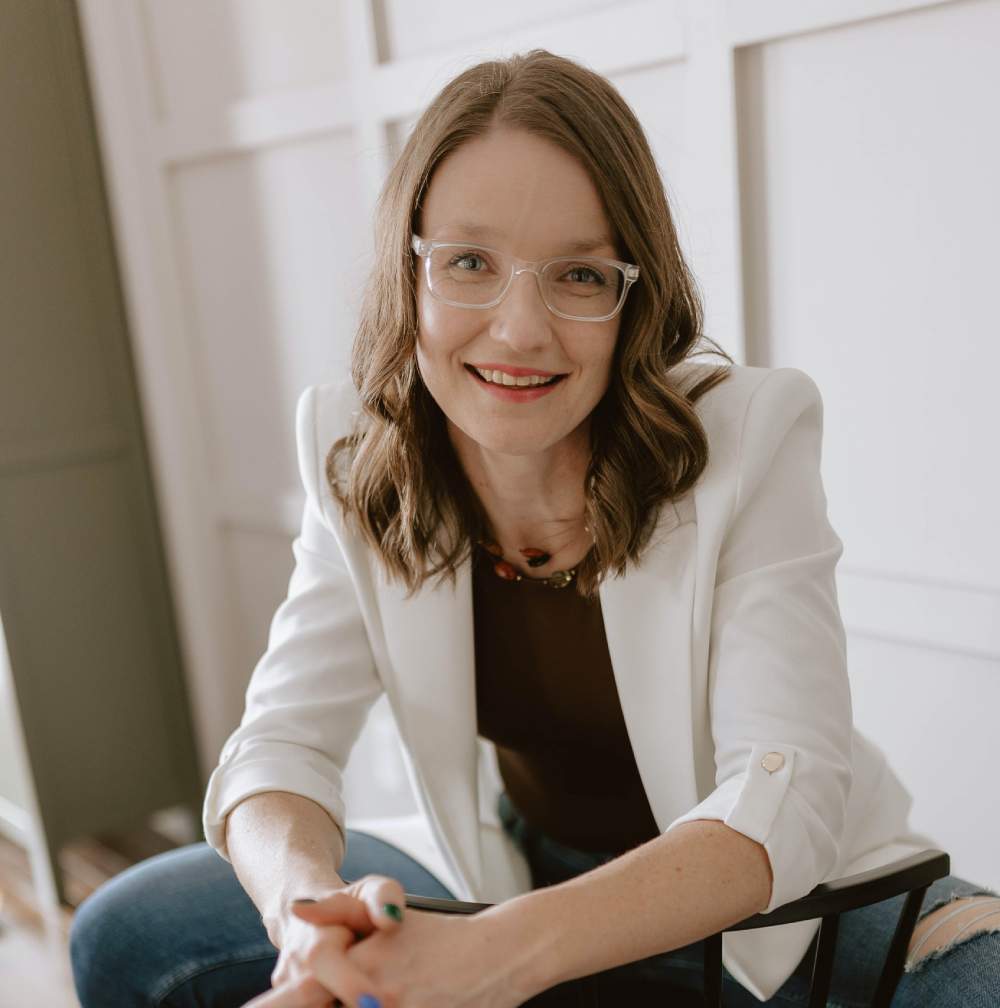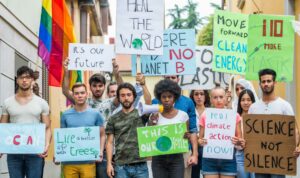UMass Boston’s sustainability centre helped launch five clean energy and sustainability programs. Leaders describe the process and lessons learned.
Benyamin Lichtenstein is an Associate Professor of Management and Marketing at University of Massachusetts Boston (UMass Boston). David Levy is Director of the Center for Sustainable Enterprise and Regional Competitiveness (SERC), housed at UMass Boston’s College of Management. Levy and Lichtenstein discuss the development of clean energy and sustainability programs at UMass:
SERC recently helped launch five clean energy and sustainability programs at UMass Boston. SERC began with months of scoping collaborators, both within the university and beyond. The Centre soon built a healthy relationship with the Environmental, Earth and Ocean Sciences department (EEOS). The pair then worked together to land $197,000 in government funding through the Massachusetts Clean Energy Center. This funded the development of the five clean energy programs.
Major Successes
Two major achievements of UMass Boston’s clean energy programs have been:
-
Management of political challenges in the program development process: SERC and its partner, EEOS, were creative in their approach to managing the political challenges associated with interdisciplinary curriculum development. They developed five separate clean energy programs (described below), each based on a similar set of core courses. This minimized the course development burden, but still allows the College of Management and EEOS to independently administer the programs relevant to their students.
-
Applicability to a broad range of students: Included within the five programs are both degree specializations and certificates for regular and non-degree students. Both program types are offered at the graduate and undergraduate level. Collectively, these interdisciplinary programs prepare students from various backgrounds for leadership positions in the transition to a sustainable economy.
About the Programs
A brief description of each of the five programs is provided below.
Degree Specializations
These programs are available only to students already enrolled in a degree program.
-
Undergraduate Minor in Clean Energy and Sustainability: This six-course minor is accessible to students majoring in any discipline. Courses span environmental science, economics, policy and management and applied learning.
-
MBA Specialization in Environmental Management: This specialization is offered to MBA students seeking careers in green business. Students must take three courses on topics including environmental management, clean technology, climate and energy and environmental economics.
-
Professional Science Masters: This program is for Environmental Science Masters students seeking non-science careers. In addition to core science curriculum, students study management, science communication, and environmental law, policy, administration and economics.
Certificate Programs
Certificates make the content of degree specializations available to a broader range of students, including non-degree students and those outside the College of Management.
-
Undergraduate Certificate in Clean Energy and Sustainability: This certificate makes the content of the Clean Energy minor accessible to any student.
-
Graduate Certificate in Clean Energy and Sustainability: This certificate makes the content of the MBA specialization accessible to any student who has completed a first degree.
Benefits of the Clean Energy and Sustainability Programs
David Levy and Benyamin Lichtenstein share the positive outcomes of the clean energy and sustainability programs:
-
Interdepartmental cohesion: Developing interdisciplinary programs requires communication and cooperation between departments whose activities are otherwise separate. Through collaboration, department leaders build common values and relationships. The positive impact of these relationships extends beyond the primary project, motivating new collaborations, such as research projects and outreach events.
-
Sustainability momentum on campus: Collaboration on the clean energy programs sparked greater environmental activity and awareness on campus. This led to a stronger focus on sustainability projects. It has also galvanized the planning of a new School for the Environment.
-
Student jobs: Through the clean energy programs, students participate in internships with local businesses, not-for-profits and government agencies. In many cases, internships lead to post-graduation employment in positions including sustainability marketing, accounting and finance, not-for-profit management and government.
Advice on Replication
Levy and Lichtenstein offer advice for developing new interdisciplinary programs:
Choose collaborators carefully.
Possible collaborators for any sustainability project will be plentiful. SERC employed a graduate student to research related work happening at the university and beyond. The research found that departments as diverse as Sociology and Nursing had sustainability activities. To choose the right collaborators, Levy and Lichtenstein suggest:
-
Find programs that already have momentum. Leverage that momentum by collaborating, instead of competing. This will benefit both programs.
-
Identify people you respect and work well with. Those people may provide more support than the departments with the most resources.
Marketing a new program takes time.
Program enrollment may not be high the first year. It takes time for students to learn what your program offers and how it can further their career. Be patient. Develop demand and awareness, both on and off campus. In the current economic environment, it’s critical to demonstrate the availability of internships and career paths. Students are usually surprised to learn that the sustainable economy involves more than science and engineering for solar and wind. The sustainable economy also needs motivated people who understand marketing, accounting and product management.
More Information
Visit the Center for Sustainable Enterprise and Regional Competitiveness(SERC), or contact David Levy or Benyamin Lichtenstein for more information.



Add a Comment
This site uses User Verification plugin to reduce spam. See how your comment data is processed.This site uses User Verification plugin to reduce spam. See how your comment data is processed.